The Peacemaker Who Set the Stage for War: America and the Illusion of Peace in the Middle East
The crisis began on June 21, 2025, when US warplanes struck Iran’s core nuclear facilities at Natanz, Arak, and Fordow. As the world braced for a massive Iranian retaliation that threatened to ignite the region, the United States, Israel’s staunchest ally, took a shocking turn. Instead of calling for calm, President Donald Trump ordered American bombers to join the assault, hitting the same Iranian targets. Then, just as abruptly, he announced he had single-handedly brokered a ceasefire, casting himself as the peacemaker who pulled the world back from the brink.
But this was no diplomatic miracle. It was a brutal performance. The ceasefire was not the arrival of peace but a strategically timed pause, imposed by the conflict’s most powerful and biased actor. This is the story of how a "peacemaker" first helped load and aim the gun before demanding everyone put their weapons down—a power broker shaping a war to fit his own script.
A Peace Built on Fear
For a moment, the world exhaled. The announcement of a ceasefire, quickly followed by a Nobel Peace Prize nomination for the administration, offered a seductive narrative of strength restoring order. But for those in the region, the relief felt treacherous, like a thin sheet of ice over a raging river. The peace was not a product of understanding, but of intimidation and exhaustion. Battered by two devastating attacks, Iran had little choice but to accept a pause. Israel, having achieved its military objective, was content to consolidate its gains.
Analysts warned that the "fighting has already resumed" because it had merely returned to the shadows. Overt war was replaced by the familiar, low-grade paranoia of cyberattacks, intercepted drones, and proxy skirmishes. A true peace process is an arduous conversation built on acknowledging mutual grievances. This was the opposite: an order delivered by the conflict’s most powerful participant. It silenced the open fighting but amplified the seething resentment that guarantees the next round of violence is not a matter of if, but when.
The Guardian Angel with a Sword
To understand why the American-led "peace" feels so hollow, one must grasp the profound US military commitment to Israel. When Iran launched a retaliatory strike, it wasn’t met by one nation’s defenses, but by a coordinated symphony of American air and naval power. US ships, jets, and missile defense systems effortlessly swatted Iran’s arsenal from the sky.
The psychological impact was immense. For Israel, this invisible fortress created a sense of near-invulnerability, emboldening its leaders to take preemptive action with little fear of consequence. For Iran, it was a demonstration of utter powerlessness, a clear message: You are not allowed to hit back. America didn’t step between two fighters; it held one fighter’s arms while the other landed punches. This one-sided embrace makes a mockery of any claim to be an honest broker, creating a "peace" born of a deep, burning injustice.
Diplomacy by Coercion
The Trump administration’s strategy was "maximum pressure" supercharged with military force—a calculated campaign of suffocation. The US airstrikes were the centerpiece of this "diplomacy with a gun to the head." Bombing a country right after its rival has done the same is a masterstroke of psychological warfare, telling Iran it is trapped and telling the world that only America decides when a fire is put out. This military pressure was paired with relentless economic sanctions designed to break the spirit of a nation and force its surrender at the negotiating table.
This strategy is managed through a cynical combination of quiet threats and loud posturing. In secret backchannels in places like Oman, US and Iranian officials don’t talk of peace but of risk management, drawing red lines to prevent a small skirmish from spiraling into a wider war. But the moment these quiet whispers fail, the shouting begins: a new round of sanctions announced at a press conference or a B-52 bomber flight over the Persian Gulf. This whiplash is designed to keep Tehran perpetually off-balance, revealing diplomacy as just another tool to be used when convenient and discarded when force seems more efficient.
A Hollow Victory
In the cacophony of American threats, the quieter, more patient diplomatic efforts of others like Qatar, Oman, and the European Union—are drowned out. These powers believe in a path built on mutual respect and international law, but they are rendered impotent. The US holds all the power: the military that shields Israel and the economic sanctions that cripple Iran. All roads lead back to Washington, which dominates the stage and writes the script.
In the end, the United States brokered a pause in the fighting, but not peace. A true peace requires justice, security, and trust. The quiet brokered by America is a brittle silence born of fear and humiliation—the silence of a chokehold. By shielding and joining an aggressor, then coercing a ceasefire at the moment of maximum advantage, the US has built a peace with a time bomb at its heart. It leaves behind a legacy of seething resentment that will fester in the dark, waiting for an opportunity to erupt once more. A peace imposed by the powerful, for the powerful, is not peace at all. It is just a beautiful, dangerous, and ultimately hollow word.
About the author:
Zainul Abid is a student at Sabeelul Hidaya Islamic College.
Disclaimer
The views expressed in this article are the author’s own and do not necessarily mirror Islamonweb’s editorial stance.

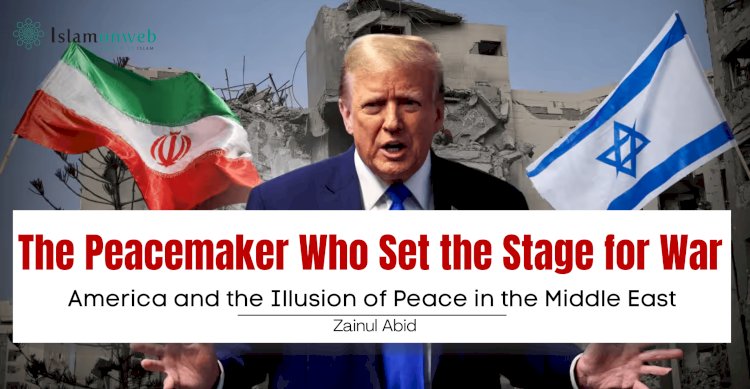


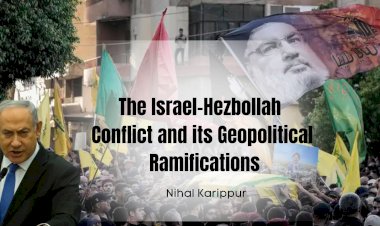
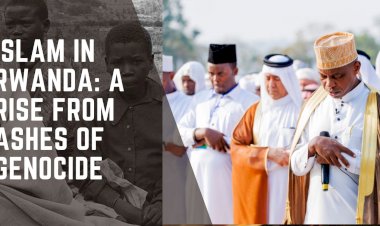
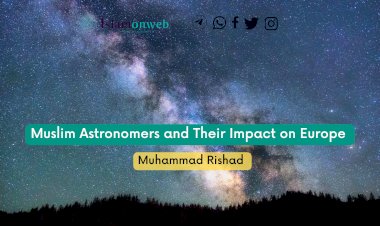
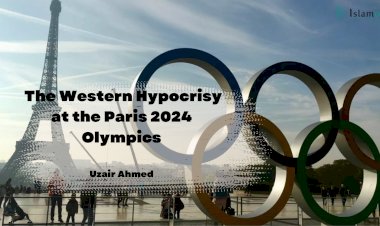

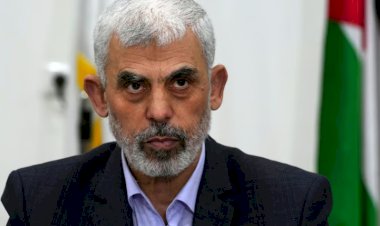














Leave A Comment